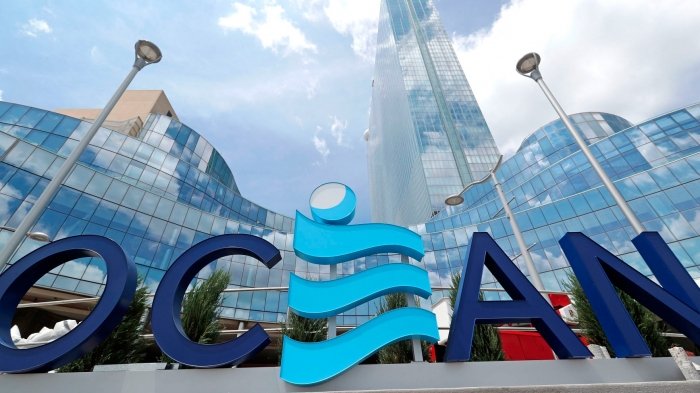Casino executives say the two bills are critical to ensuring the industry can move forward
T
wo emergency casino relief bills introduced by New Jersey lawmakers during the peak of the COVID-19 outbreak have stalled in the legislature.
The two pieces of legislation — S2400/A4032 and S2398/A4031 — were designed to provide Atlantic City’s gaming industry financial relief after all nine casinos were shuttered indefinitely in March to mitigate the spread of the coronavirus. But, even as lawmakers in Trenton have expedited and prioritized other COVID-related relief measures, the casino bills have not moved in weeks.
Assembly Majority Leader Louis Greenwald, D- Burlington, Camden, who sponsored both bills, said Monday that stabilizing the state’s casino industry remains a focus. He said that Trenton is keeping an eye on Atlantic City, as well as Las Vegas and other gaming jurisdictions, to gauge how COVID-19 is impacting consumer confidence in returning to casino resorts.
“It’s just really a very fluid situation as the virus continues to change and how we manage the virus, while supporting the industry and trying to figure out what’s the best way to move forward,” he said, as reported by The Press of Atlantic City. “We’re really focused on how we can establish a strong and reliable consumer base that is managing the virus in a safe and efficient manner. So, we learn more and more about this every day and that’s really kind of where it is.”
One of the bills, S2400/A4032, was moved via emergency resolution by the state Senate in June and quickly passed. The Assembly has not taken up the bill, but Greenwald said he has been in discussion with Speaker Craig Coughlin, D-Middlesex, about the proposal.
The legislation reduces gaming revenue taxes for one year, eliminates hotel fees through the end of 2020, defers certain licensing fees and permanently allows for a 100% deduction of provisional gaming credits and coupons against gross revenues. The bill also allocates $100 million of COVID-19-related federal grant money to the state Economic Development Authority for small business assistance.
The proposed legislation could reduce the amount of casino-related taxes and fees paid to the state and the Casino Reinvestment Development Authority by as much as $93 million over the course of one year. “It’s not really so much about the tax relief as it is about how can we get the men and women in the workforce back into the casino (and) stabilize that portion of the industry,” Greenwald said Monday.
The second bill would direct the state treasury to provide interest-free loans to casino operators who continued to make their required payments in lieu of taxes during the pandemic-induced shutdown. The Assembly budget committee moved the bill in June, but the Senate has yet to act.
Casino executives have maintained the two pieces of legislation are critical to ensuring the industry can move forward. Prior to the March closures, Atlantic City’s casinos had reported nearly two consecutive years of total gaming revenue increases, spurred by the 2018 openings of Hard Rock Hotel & Casino Atlantic City and Ocean Casino Resort, as well as the introduction of legalized sports betting.
The casinos were permitted to reopen in July, but a 25% capacity limit was imposed and Gov. Phil Murphy banned all smoking, indoor dining and casino floor beverage service. Joe Lupo, president of Hard Rock, said Friday that volumes were down in July and the continuation of the restrictions would further hinder the industry’s ability to stabilize. “The restrictions that we are operating under…and all the other COVID measures throughout the state, has created a different destination and (it is) one that cannot operate under these guidelines for a lengthy period of time,” he said, The Press of Atlantic City reports. “Without relief, I see real problems for the future.”
Prior to reopening last month, Ocean Casino Resort CEO Terry Glebocki said both of the bills were important to the industry since Atlantic City’s casinos did not qualify for much of the business relief measures enacted by either the federal or state government. “It would be very helpful if we could get some state relief,” she said in June. “I’m hoping that the state is supportive of those bills.”



